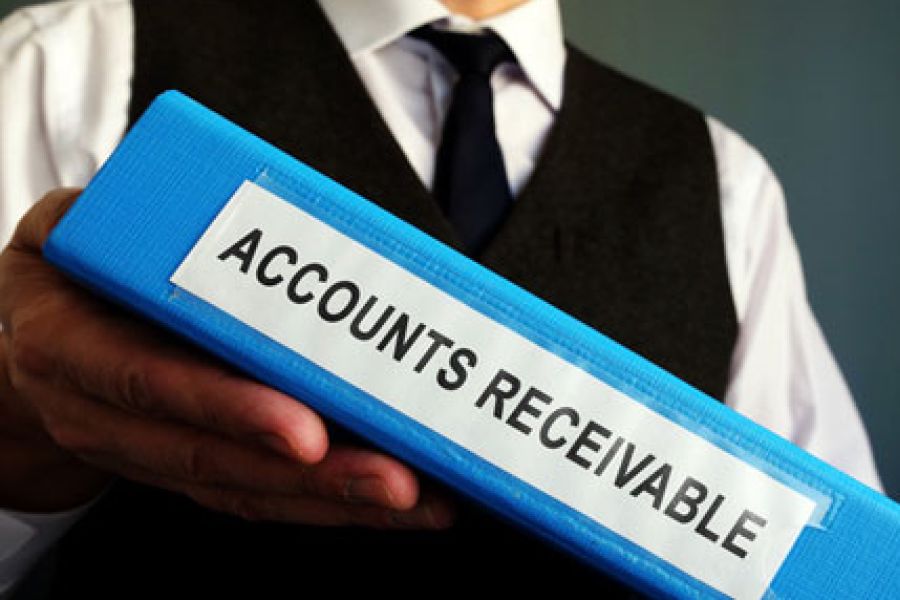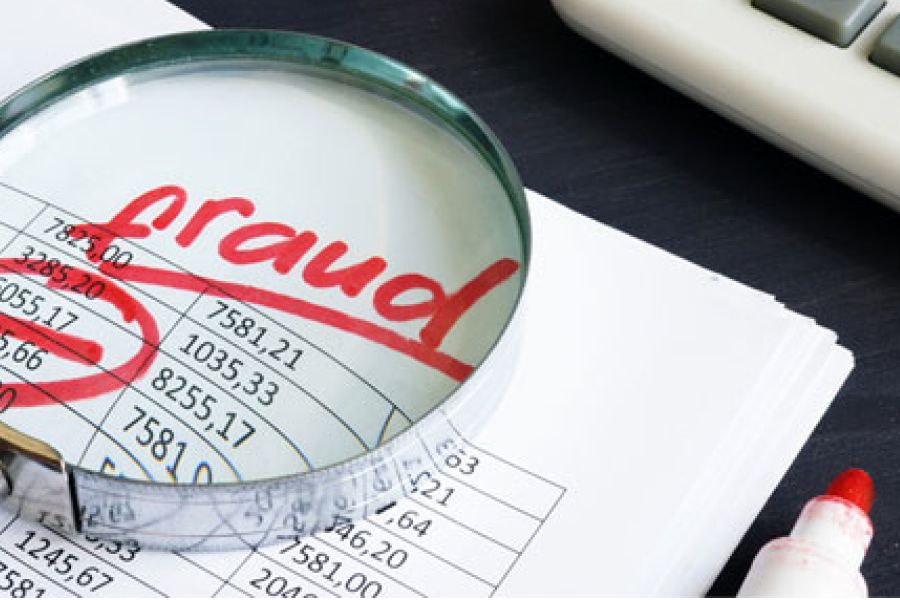Imagine you’ve got your eye on a business that seems like an attractive investment or acquisition target. It boasts strong earnings, competitive growth estimates and a clean balance sheet. But this business has a secret: fraud. And fraud can dramatically change the prospects — and value — of a company. That’s why, when conducting business appraisals, valuation professionals keep their eyes peeled for signs that fraud is occurring or could easily occur. Gauging fraud risk Business value is a function of risk and return, and one critical risk factor companies face is fraud. So valuators conducting an appraisal might ask management about the company’s internal controls — its policies and procedures to protect assets and ensure reliable financial statements. They may look for particular internal controls that...






